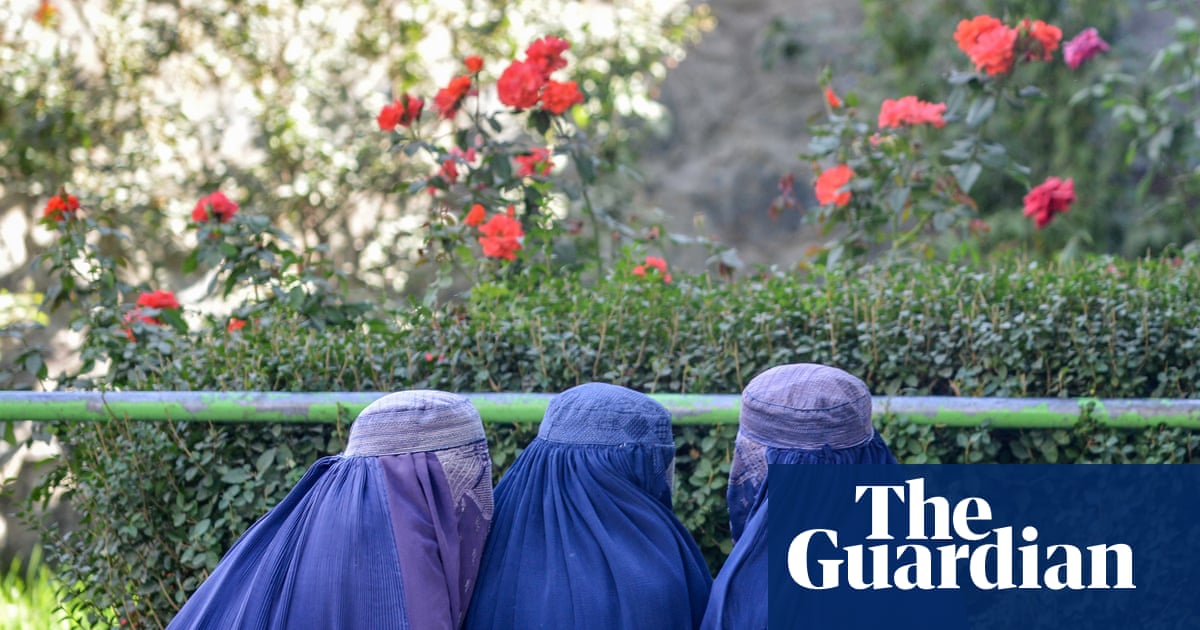
"Portugal's parliament has approved a bill banning face veils worn for gender or religious reasons in public, in a move seen as targeting Muslim women who wear face coverings. The measure was proposed by the far-right Chega party and would prohibit coverings such as burqas (a full-body garment that covers a woman from head to foot) and niqabs (the full-face Islamic veil with space around the eyes) from being worn in most public places."
"Face veils would still be allowed in airplanes, diplomatic premises and places of worship. The bill stipulates fines for those wearing face veils in public ranging between 200 euros and 4,000 euros ($234 and $4,669). President Marcelo Rebelo de Sousa still has to approve the bill. He could veto it or send it to the Constitutional Court for review. Not many women in Portugal wear such coverings, but the issue of Islamic veils has generated controversy similar to other European countries."
"In its bill, Chega said that hiding the face subjects individuals especially women to situations of exclusion and inferiority and was incompatible with principles such as liberty, equality and human dignity. Lawmakers from left-leaning parties disagreed. This initiative is used solely to target foreigners, those who have a different faith, said center-left Socialist Party lawmaker Pedro Delgado Alves whose party voted against the bill."
Portugal's parliament approved a bill banning face veils worn for gender or religious reasons in most public places, with exceptions for airplanes, diplomatic premises and places of worship. The measure, proposed by the far-right Chega party and backed by center-right parties, would prohibit burqas and niqabs and impose fines of €200 to €4,000 for violations. President Marcelo Rebelo de Sousa can veto the bill or send it to the Constitutional Court for review. If enacted, Portugal would join several EU countries with full or partial bans. Critics from left-leaning and center-left parties called the initiative discriminatory and targeting foreigners and religious minorities.
Read at www.theguardian.com
Unable to calculate read time
Collection
[
|
...
]